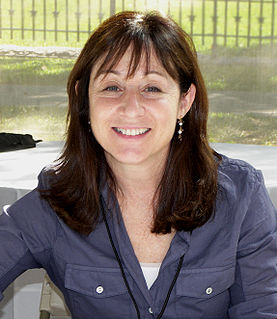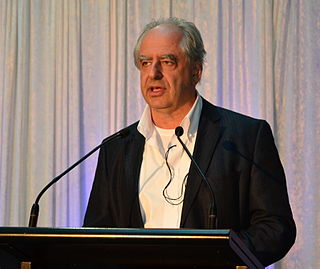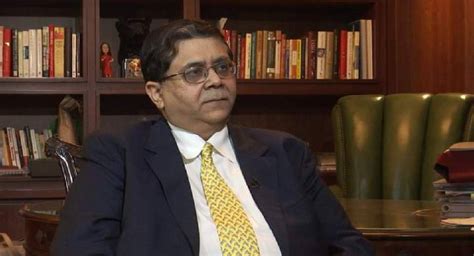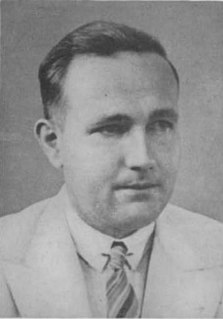A Quote by Jane Mayer
And I think that what is of concern is that they seem to be bringing skills from the scientific world into the interrogation room in a way that begs a lot of questions about whether it's ethical.
Related Quotes
When you ask why did some particular question occur to a scientist or philosopher for the first time, or why did this particular approach seem natural, then your questions concern the context of discovery. When you ask whether the argument the philosopher puts forth to answer that question is sound, or whether the evidence justifies the scientific theory proposed, then you've entered the context of justification. Considerations of history, sociology, anthropology, and psychology are relevant to the context of discovery, but not to justification.
Our economic order is tightly woven around the exploitation of animals, and while it may seem easy to dismiss concern about animals as the soft-headed mental masturbation of people who really don't understand oppression and the depths of actual human misery, I hope to get you to think differently about suffering and pain, to convince you that animals matter, and to argue that anyone serious about ending domination and hierarchy needs to think critically about bringing animals into consideration.
I saw one of the absolute truths of this world: each person is worrying about himself; no one is worrying about you. He or she is worrying about whether you like him, not whether he likes you. He is worrying about whether he looks prepossessing, not whether you are dressed correctly. He is worrying about whether he appears poised, not whether you are. He is worrying about whether you think well of him, not whether he thinks well of you. The way to be yourself ... is to forget yourself.
Talking about freedom, about ethical issues, about responsibilities as well as convenience, is asking people to think about things they might prefer to ignore, such as whether their conduct is ethical. This can trigger discomfort, and some people may simply close their minds to it. It does not follow that we ought to stop talking about these things.
India is developing a lot of soft power, and it's not just about us providing outsourcing and call centers to the world. We are providing a lot of thought and a way of life. I think we're also respected for fundamentally a non-violent belief thanks to our religious roots whether it's Hinduism, Jainism, Buddhism, we contributed more religions to the world than any part of the world and that's something which does find its way into how the world looks at it.
[In geology,] As in history, the material in hand remains silent if no questions are asked. The nature of these questions depends on the "school" to which the geologist belongs and on the objectivity of his investigations. Hans Cloos called this way of interrogation "the dialogue with the earth," "das Gesprach mit der Erde."
Philosophical questions are not by their nature insoluble. They are, indeed, radically different from scientific questions, because they concern the implications and other interrelations of ideas, not the order of physical events; their answers are interpretations instead of factual reports, and their function is to increase not our knowledge of nature, but our understanding of what we know.
All Nature bristles with the marks of interrogation-among the grass and the petals of flowers, amidst the feathers of birds and the hairs of mammals, on mountain and moorland, in sea and sky-everywhere. It is one of the joys of life to discover those marks of interrogation, these unsolved and half-solved problems and try to answer their questions.

































